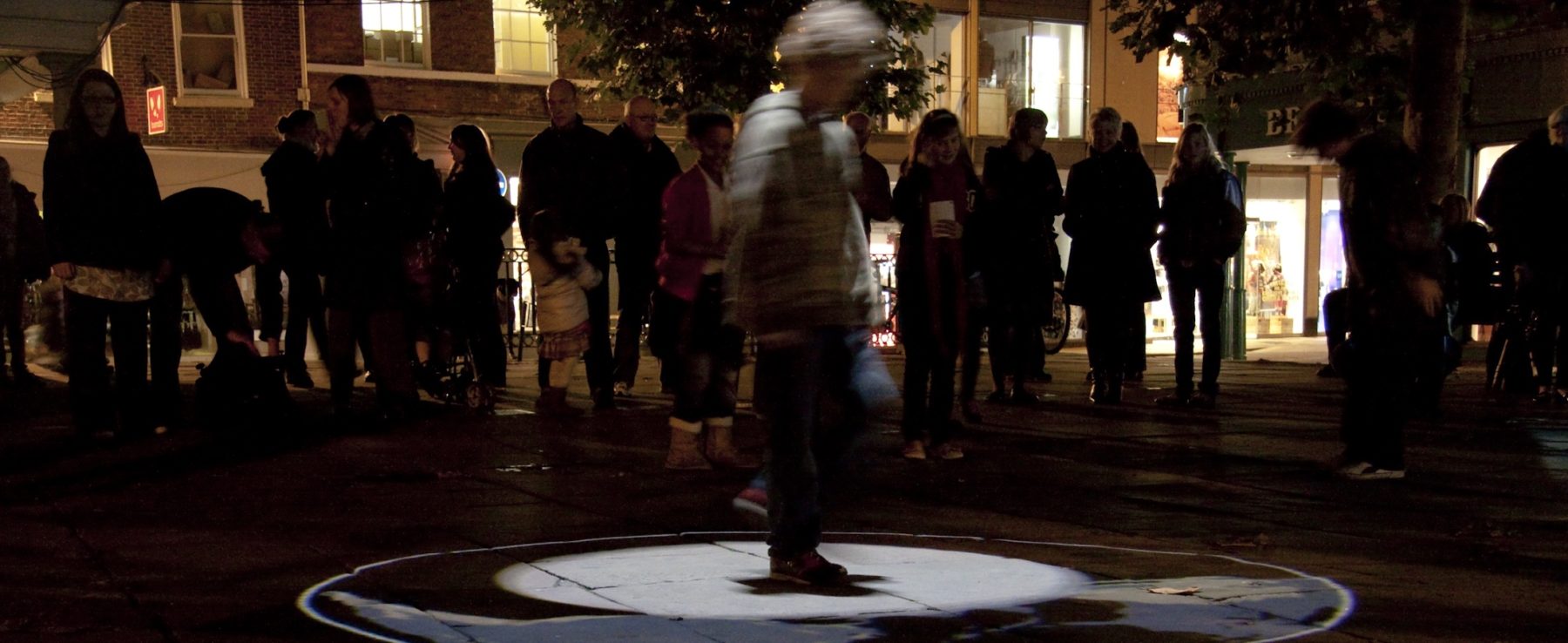Arts Column – Is theatre the new video game?
A traditional theatrical experience is somewhere between watching TV and being in a football stadium. The audience watches, en masse, as a story unfolds before them, often responding in their own individual manners, but spectating with a broadly collective eye that keeps the energy and logic of the performance world intact.
Many pieces of theatre now provide an experience closer to an open-world video game. Felix Barrett, artistic director of Punchdrunk, compares their immersive performance of Drowned Man to exploration-based video games like Skyrim and Gone Home. Drowned Man, a performance that took place over four floors in Temple Studios, London, allowed the audience to wander around the performance at their own leisure, either following single characters to find a linear narrative, or simply to explore and take in the performance world. This open-ended experience, shaped by the audience, has more in common with these explorative video games than a traditional experience of watching theatre, and Edinburgh Fringe this year demonstrated how much this mentality is seeping into new work.
Huff, a performance aimed at children, took the audience on a tour of the world of the Three Little Pigs and the Big Bad Wolf. We were allowed to open drawers, look through windows, lie down and listen to music in order to find the implicit narrative in the piece. Not in itself complicated, but symptomatic of a theatrical world in which video games are becoming so much of an influence that young children’s performances are being tailored to fit this model. Even on a more basic level, shows such as comedian Andy Zaltzman’s Satirist for Hire are having their subject matter chosen by the audience in order to hand over some creative agency.
Perhaps the most interesting experience to discuss with this in mind has been Forced Entertainment’s ‘Speak Bitterness’. Livestreamed for free while being performed in Berlin, Speak Bitterness was a six hours of performers reading out confessions. The audience, however, played a unique part in the performance by retweeting moments of the performance that stood out to them and creating their own confessions. The world’s reaction, broadcast to everyone through the technology that made the performance possible, followed a linear structure in theory, but the audience turned Speak Bitterness into something resembling an online game. Retelling and enhancing the world of the performance, the audience became an online community, discussing, exploring and shaping the performance in their own ways.
While theatre will never be the same as video games, nor should it be, the tools for shaping theatrical experience are being handed over to audiences more and more. I am very excited to see the next step on this transitional path.

Comments